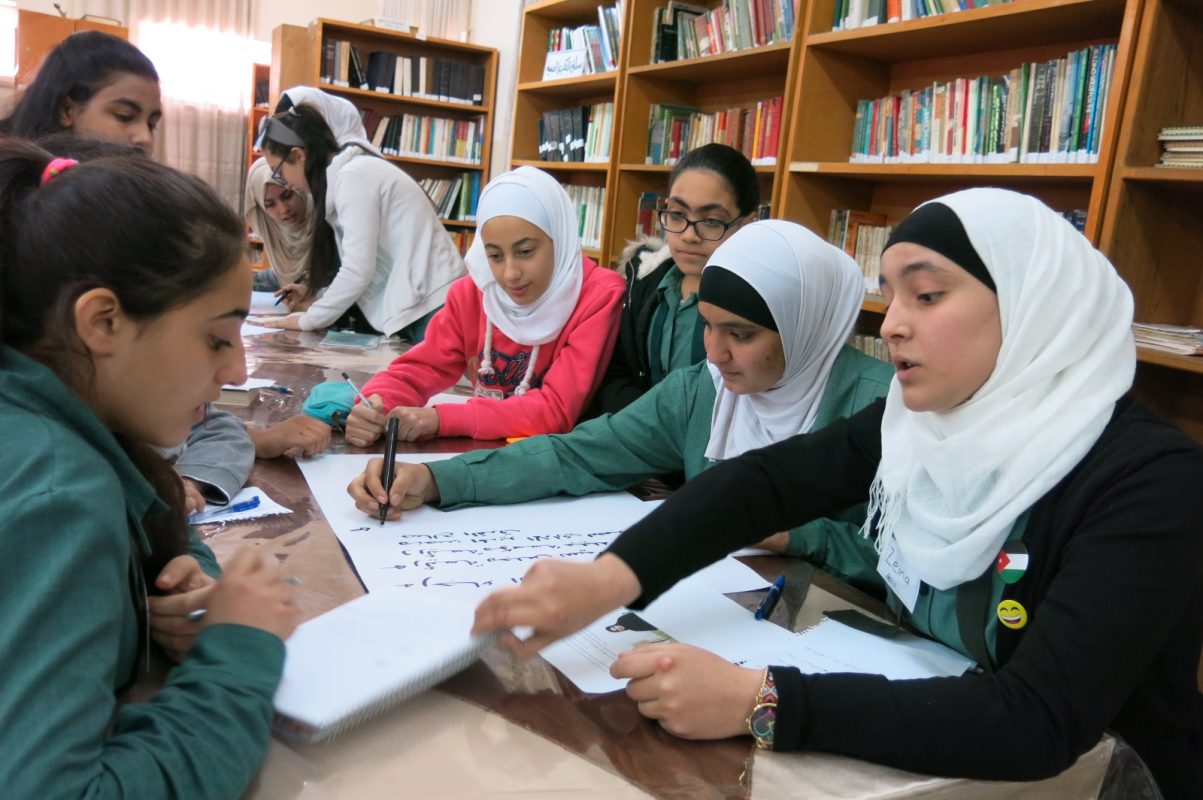The COVID-19 pandemic has had serious implications on young people’s education globally: one by one, as the virus surged internationally, countries began closing down schools.
Peaking in April, with 172 country-wide closures, UNESCO calculates that almost 1.5 billion learners (around 85% of the global total) were affected. The peak saw schools close in each of the 13 countries in which the Prince’s Trust International operates.
Our Education programmes, specifically targeting school-age young people around the world include Achieve (Jamaica, Trinidad & Tobago, and Malaysia) and Enterprise Challenge (Pakistan and Kenya).
The Achieve programme, which works with young people to engage with – and succeed in – education was severely impacted by school closures. Originally conceptualised as a face-to-face programme model, young people who are engaged with this school programme are typically at-risk and already disengaged with education, making them particularly vulnerable. We responded to the virus by accelerating our commitment to digital transformation and together with our partners we have worked to find accessible solutions for young people. One module of Achieve (in Malaysia) is now being delivered entirely online, with the result that young people can complete a high-quality programme and develop their digital literacy skills simultaneously.
Furthermore, our Enterprise Challenge programme, which looks to promote entrepreneurship in young people, is also being delivered digitally in Pakistan. Given the likelihood that governments globally may be forced to sustain or instigate further school closures in the coming months, more investment in online digital tools is key to ensuring that our programmes could be delivered consistently in the short term, but also used to access a wider geographical reach of young people in the future.
In other areas, school closures meant that many PTI programmes concluded abruptly – which deprived young people of both the benefits and satisfaction of completed programmes, as well as the opportunity to get their portfolios certified.
In subsequent focus groups, we heard from young people that they sorely missed the tangible confidence boost that comes with finishing programmes – it was also suggested that the impact of school closures has resulted in young people’s wellbeing suffering, due to increased financial pressures on their households.
Crucially, though digital transformation is a tangible solution to lockdown, equality of access remains a key issue both for us and as a topic on the global agenda. For our programmes, when teaching moved to online delivery, many young people were unable to access smart devices or a stable internet connection – leading to significant increases in attrition and dropout rates.
To combat this, our local delivery partners across the world showed amazing commitment and dedication to young people with some advisors going to students’ households to support with completion of their work and keeping in constant contact with parents.
Learning is described by some of our local advisors as a predominantly social experience, and many of our programmes are designed to ensure students still feel tangibly connected to their education. When it arrives, the full resumption of school is likely to be an emotionally and intellectually intense experience for young people.
Programmes such as Achieve, which promote student confidence, motivation and wellbeing will prove more important than ever as young people navigate the impact of the pandemic on their education and future prospects.

